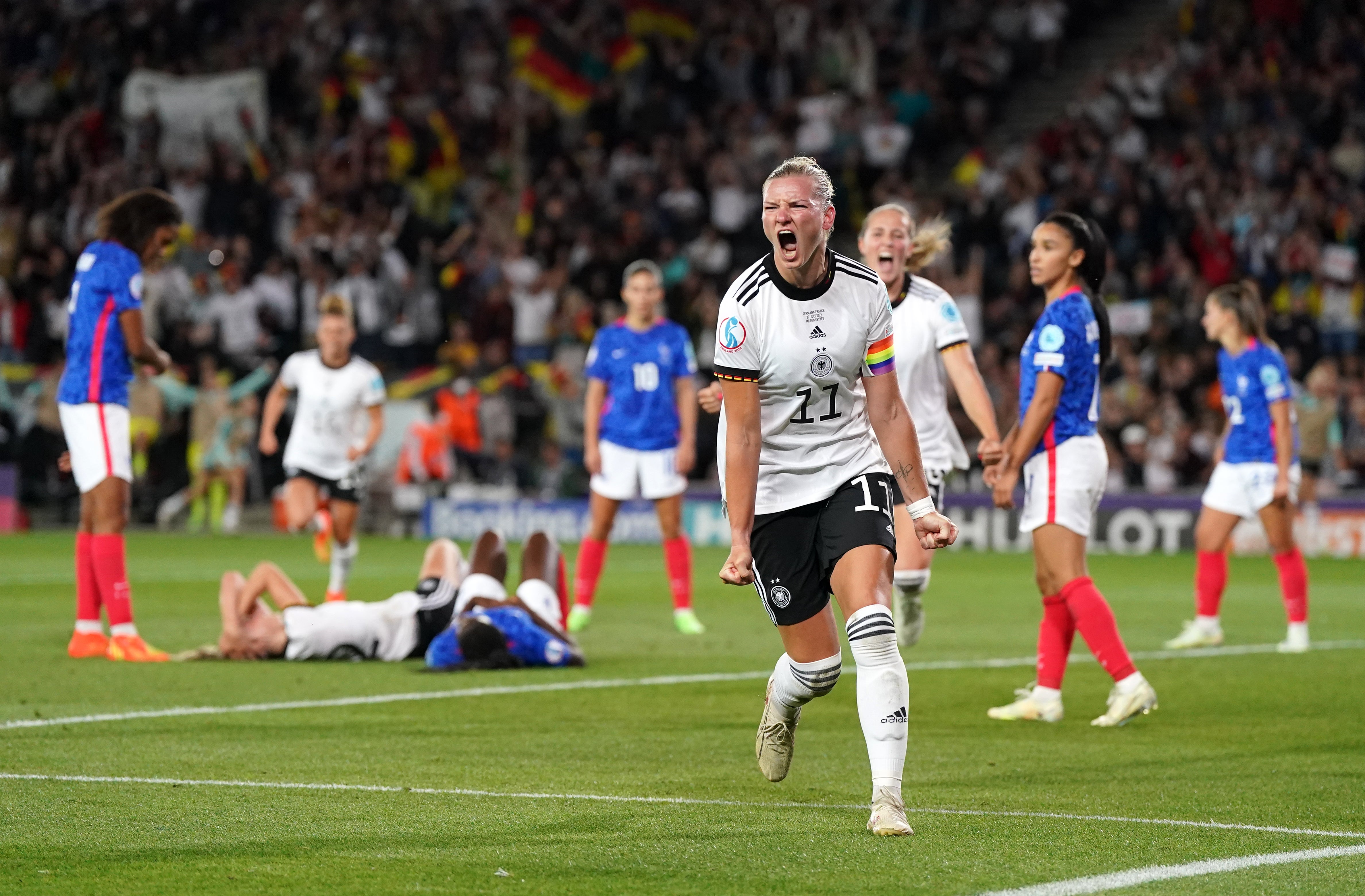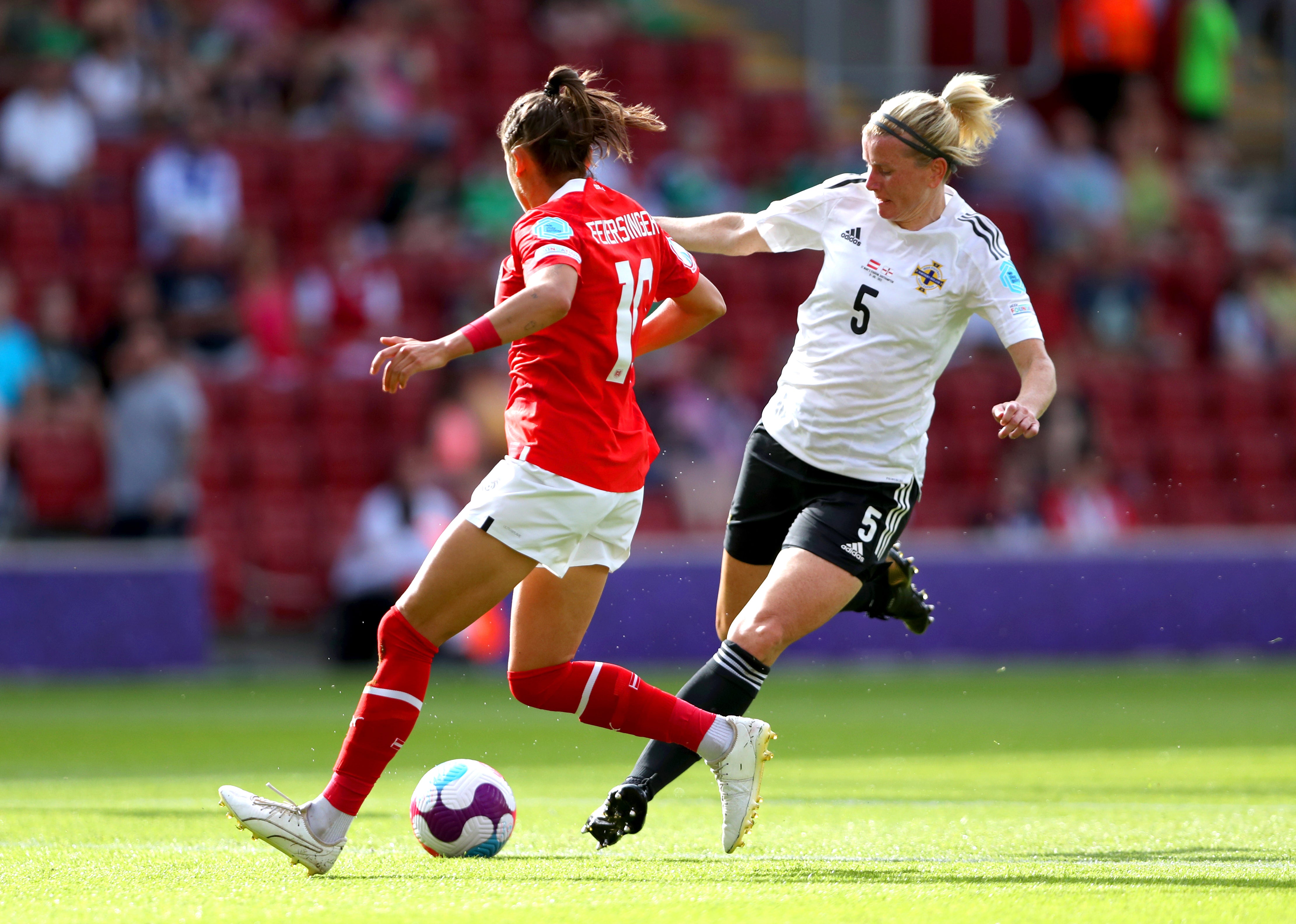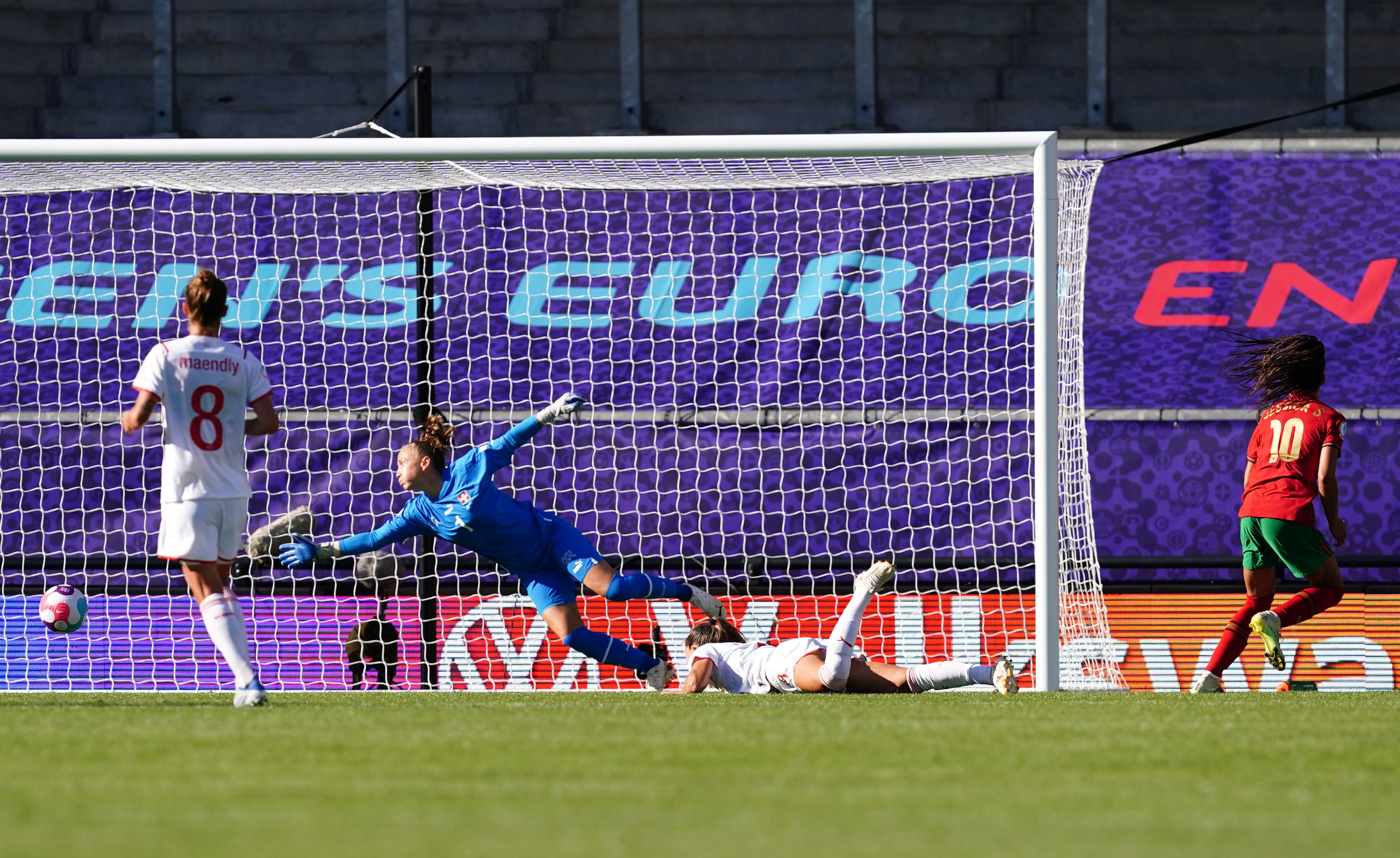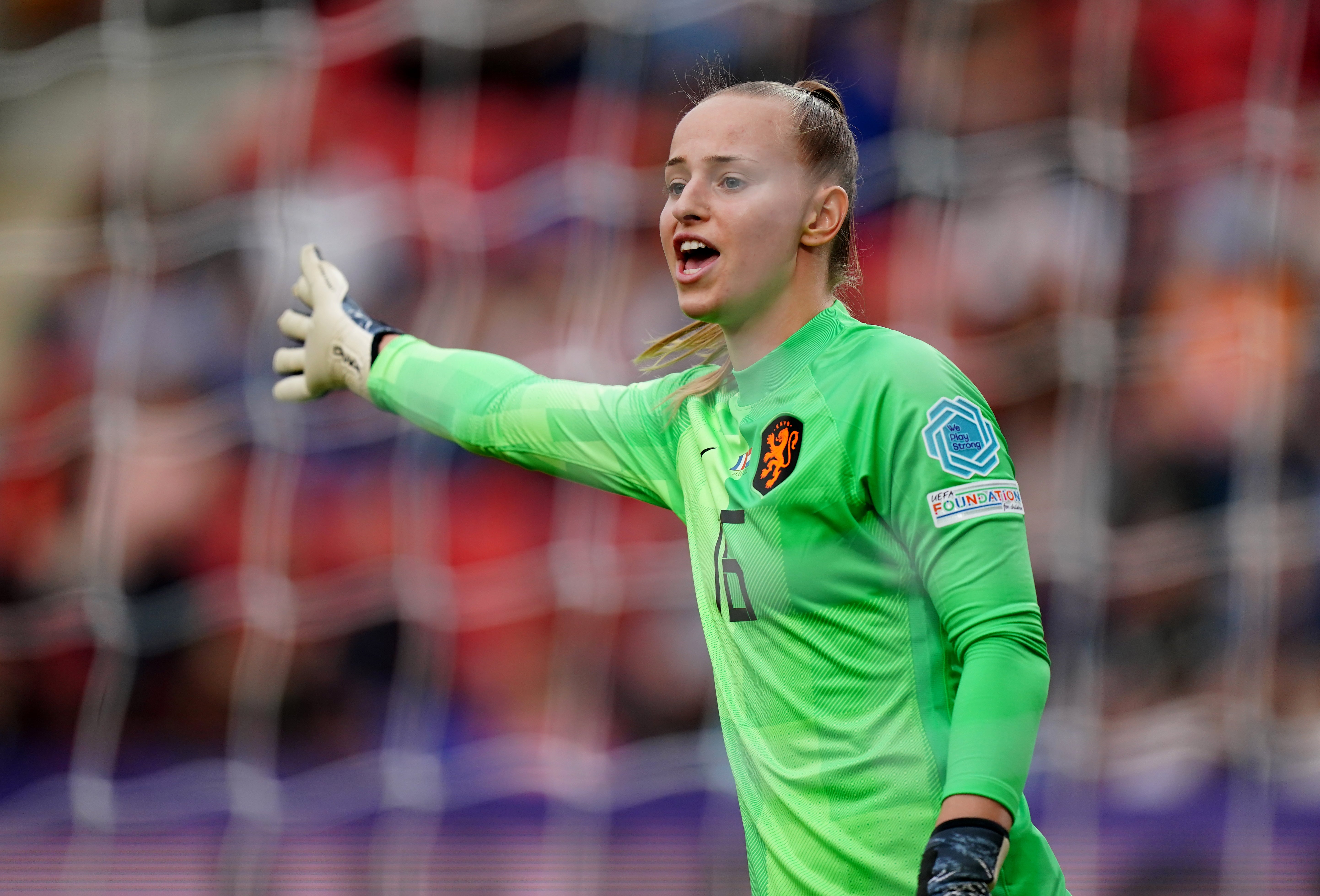
After a captivating three-and-a-half weeks of action, England were crowned Euro 2022 champions after a 2-1 extra-time win over Germany in the Wembley final.
Here, we look at five things we learned from the tournament.
Wiegman’s England the real deal
England headed into their home Euros unbeaten since boss Sarina Wiegman took charge last September, having won all but two games while scoring a glut of goals and conceding hardly any.
There were friendly wins over Germany and the Netherlands that looked promising in terms of how they might fare against big names this summer.
And the Lionesses have certainly gone on to deliver on that front on their way to winning the tournament, hammering Norway 8-0 in the group stage, fighting back in the quarter-finals from a goal down to beat Spain in extra-time and then thumping world number two-ranked Sweden 4-0 in the last four. The grand finale was another gutsy victory against Germany in the final as Chloe Kelly’s extra-time goal sparked scenes of mass euphoria at Wembley.
The team’s continued form has been mirrored by Beth Mead, who extended her prolific exploits under Wiegman to win the Golden Boot and player of the tournament.
Popp stars but it ends in tears

Mead, with six goals, finished joint-top of the scoring charts alongside Germany’s Alexandra Popp, whose Euro 2022 has provided a clear demonstration that she remains a potent force after recovering from long-term injury. The 31-year-old Wolfsburg forward only returned to action in March following almost a year on the sidelines due to a knee problem.
She thrived at what is her first Euros finals after injury ruled her out of the 2013 and 2017 editions before it all ended in familiar fashion as she was ruled out of the final after picking up a muscle problem in the pre-match warm-up at Wembley.
A platform for Northern Ireland

Northern Ireland, playing in the same group as England, made their major tournament bow and, while they did not get a point on the board, there was cause for encouragement.
The competition’s lowest-ranked team registered their first goal at this level via Julie Nelson’s finish in their opening 4-1 loss to Norway.
Kenny Shiels’ side were then only trailing by a goal for much of their second match against Austria before eventually being beaten 2-0.
Plucky Portugal

The second-lowest ranked outfit at these finals was Portugal, who were late additions having been brought in as a replacement for Russia and did not look out of place. Francisco Neto’s side finished bottom of their group but earned plaudits during a campaign that started with a 2-2 draw against Switzerland.
Battling back to draw level after conceding twice early on, Portugal then did the same in a 3-2 loss to defending champions the Netherlands, before concluding with a 5-0 loss to Sweden.
Great goalkeeping

There was some fine goalkeeping on display through the competition – an area of women’s football that has been particularly scrutinised over the years.
Netherlands’ 22-year-old Daphne von Domselaar, who took over from the injured Sari van Veenendaal in the opening match, was one of the tournament’s stand-out players.
Belgium’s Nicky Evrard, who saved two penalties in the group stage, also impressed, and England’s Mary Earps was another to make some eye-catching stops.







